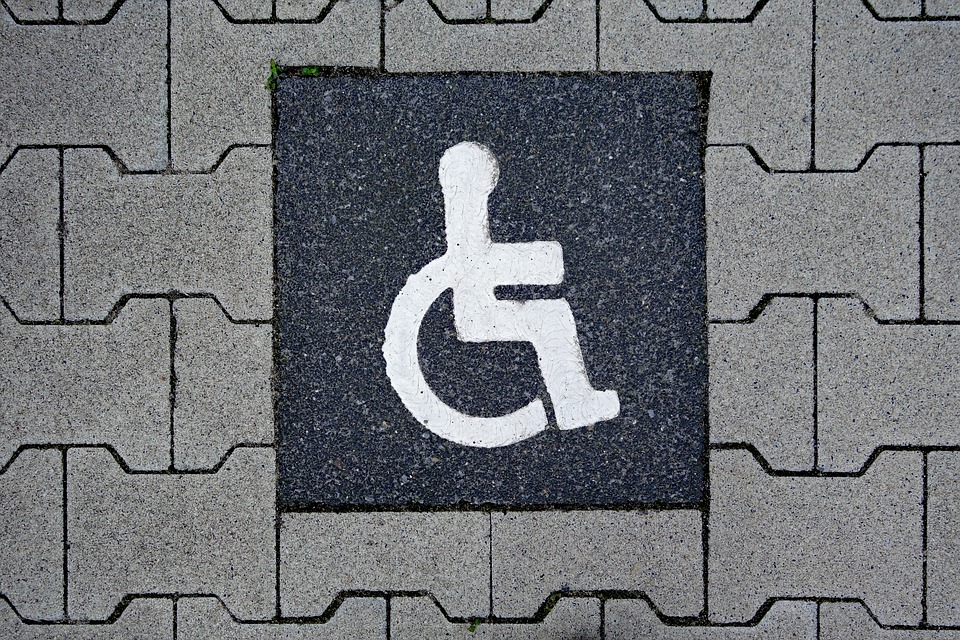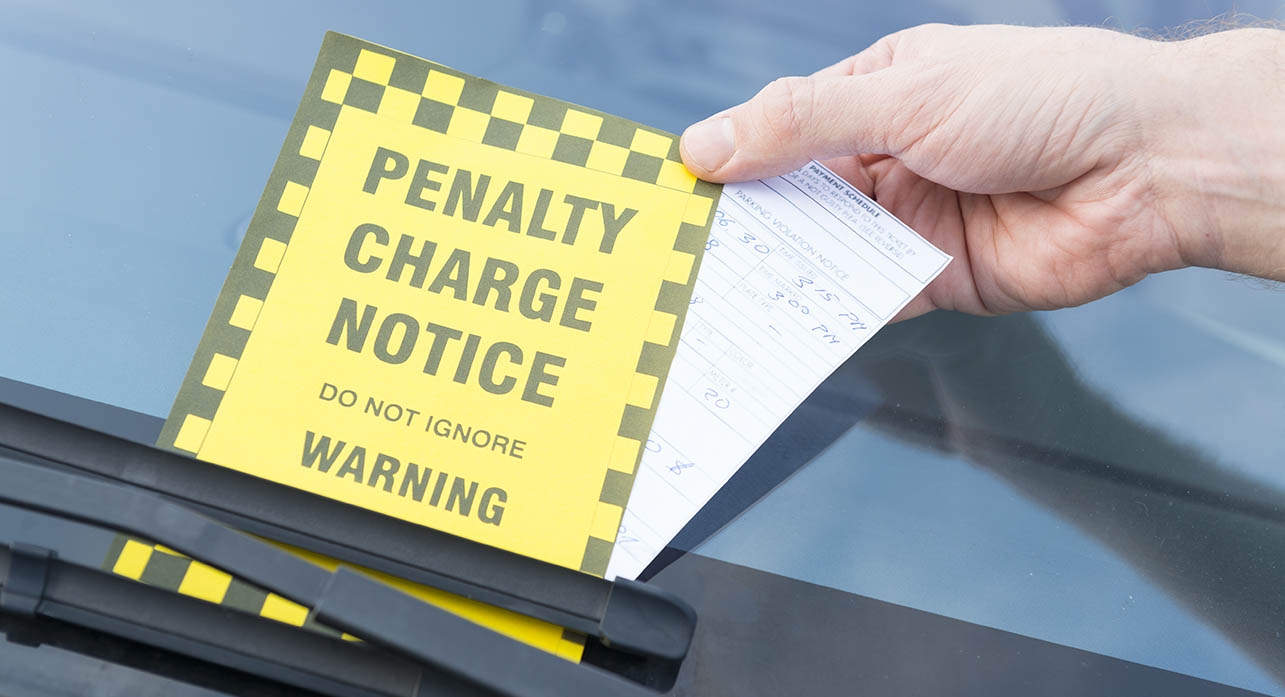Help will soon be at hand for a vast range of people who currently don’t qualify for a Blue Badge parking permit.
As from August 30 the government is widening the scheme’s criteria in England to include those with hidden disabilities such as dementia and autism.

Currently nearly 2.4 million people in Britain use a Blue Badge because they have physical mobility issues or are registered blind. The changes, says the government, will help thousands more people get access to the scheme.
Under the new rules Blue Badge eligibility will now be extended to include:
People who cannot travel without risk of serious harm to their health and safety or someone else's (such as young children with autism)
People who cannot travel without "very considerable psychological distress"
People who have very considerable difficulty when walking, meaning "both the physical act and experience of walking"
Introduced in 1970, the Blue Badge scheme is designed to make travel easier for people with disabilities, improving their independence and tackling social isolation. Viewed as a lifeline for many, the permits allow them to use disabled parking bays – normally for free – so that they can get closer to where they’re going.

Usually Blue Badge holders can leave their vehicle on streets with pay-and-display machines or parking meters for an unlimited time. They can also park on single or double yellow lines for up to three hours, except where there are “no loading” restrictions.
To help administer the predicted rise in applications resulting from the changes, local councils are to get an additional £1.7m funding.
The Department for Transport is also holding a review to raise awareness of how, when and where the permits can be used and to address the issue of fraudulent Blue Badge use. This will also cover advice on returning the badge when it is no longer needed, such as when the holder has died, or the permit has expired.
Figures from the Local Government Association show that thefts of the parking permits rose by around 45% in 2018 so councils are keen to crack down on offenders. More prosecutions are being brought for Blue Badge misuse, with many local authorities taking a “zero tolerance” stance
Dishonest use of a Blue Badge carries a fine of up to £1000 and could land the offender with a criminal conviction for fraud.
A Blue Badge parking permit is linked to the person with the disability not to a specific vehicle, so to be valid, that person must be in the car when it’s being used. The only time that’s not the case is when the badge holder is being picked up or dropped off.

Drivers found using a badge which isn’t theirs when parked in a disabled bay could receive a Penalty Charge Notice and be told to hand the badge back.
Applications for a Blue Badge, which costs up to £10 in England and £20 in Scotland, can be made online. They are then sent to the applicant’s local council, which makes the decision on whether to issue the badge.
Further information on how to apply for a Blue Badge can be found at https://www.gov.uk/apply-blue-badge
Never miss a deal again
Sign up to our mailing list to receive the latest deals straight to your inbox!
Categories
More Articles

2024's Top Leased Cars Revealed: Surprising Favourites Among UK Drivers
From hatchbacks and SUVs to luxury cars, we give the run down on the UK's top 10 lease cars from 2024.

Everything You Need To Know About Leasing For UK Startups
A vehicle might be critical to a start-up business but can also be important in establishing credibility and developing...

The Best Cars For Mums In 2025: Family-Friendly Leasing Options
Check out our rundown of the best family-friendly leasing options for mums in 2025, all available at Pink Car Leasing.




























